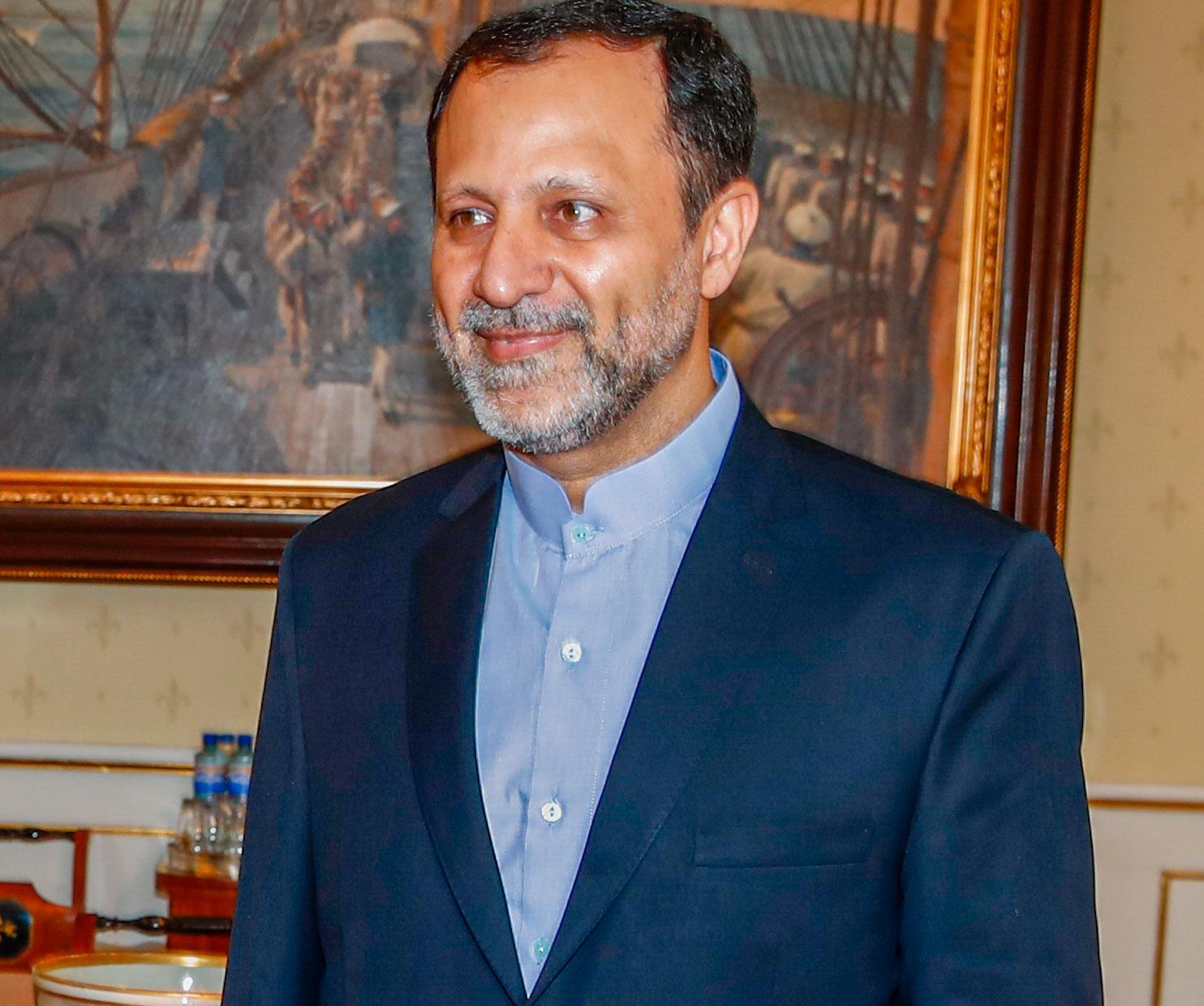Four young men were executed following protests against clergy in Iran. Iranian ambassador to Norway says Western authorities are governed by “anti-Iranian narratives”.
There has been a nationwide wave of protests against clergy in Iran over the past four months.
The authorities responded to the protesters with bullets, violence and arrests. Saturday morning two young men were executed by hanging in Iran.
Mohammad Hosseini (20) and Mohammad Mehdi Karami (21) were accused of killing a member of the country’s security forces during the protests.
Thus, four people have been executed since protests began in the wake of the Iranian-Kurdish’s death Name Mahsa Amini September 16th.
The Norwegian Ministry of Foreign Affairs has he condemned the executions at the strongest. Now the ministry has requested a meeting with Iranian Ambassador to Norway Alireza Yousefi.
He defends the country’s punitive measures in an interview with VG on Monday evening.

– In line with laws and regulations
VG asked the ambassador to explain Iran’s public stance on the riots in Iran and the subsequent legal process.
Secondly, how they respond to the request for a meeting from the Farnesina in the light of the confirmed executions.
– The trial of those who have been executed is in line with laws and regulations, Yousefi says and underlines that the death penalty is legal in Iran, “as it is in many countries”, Ambassador Yousefi writes in an email.
The ambassador replies that the two executed on Saturday were given the opportunity to appeal the sentence, but that the appeals court found them guilty of the murder of Ruhollah Ajamian by the Iranian security forces.

On appeal, the two death row inmates said they were tortured to make false confessions, according to BBC.
– Unfortunately, the narratives of anti-Iranian circles have laid the foundations for the condemnation and stances of the Western authorities and media.
Without specifying who makes up these circles, he claims they deliberately spread false facts in the case.
– During this period, various documents were sent to Western media and authorities, but none of them were published because only anti-Iranian reports are to be published, says the Iranian ambassador.
He sent VG a video clip which according to the Iranian authorities shows protesters committing violence against a public official.
– How do you respond to criticism from Germany, the Netherlands and Denmark of the legal process?
– The summoning of Iranian ambassadors to the foreign ministries of some countries is not the right measure, but it provides an opportunity to clarify the current reality in Iran.
Last week, among others, Denmark and the Netherlands also called the Iranian ambassadors to the table.
The executions met with strong condemnation from the United Nations and several European countries. The United States called the trial a farce.

17 death sentences
News broke on Monday morning that there were three new death sentences against protesters, meaning a total of 17 people were sentenced to death after the wave of protests that began in mid-September.
Four of them were executed and two more are due to be executed as the convictions against them were upheld by the Supreme Court and can no longer be appealed, NTB reports.
The protests in Iran are considered the largest uprising since the 1979 Islamic revolution, when the clerical government took over.
Over the weekend, demonstrations erupted in 17 cities, bigger than in more than a month, according to the Institute for the Study of War (ISW) think tank.
NUPI researcher and Middle East expert Kjetil Selvik says executions have two functions.
– They are supposed to spread fear among people protesting against the regime, but executions are also a message to their supporters that the regime takes their safety seriously.
